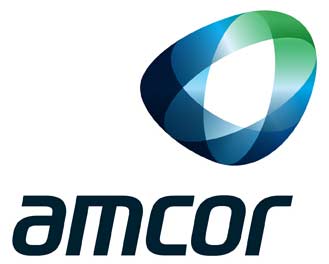Accelerating Supply Chain Decarbonization
A Corporate Guide for Smarter Actions
Introduction
Decarbonizing supply chains is both urgent and complex, particularly in high-emitting industrial sectors that are critical to a climate-aligned future. While climate pledges have multiplied, companies now face the challenge of translating these commitments into procurement strategies that shift markets and catalyze demand for low-emission products. Central to this effort is building internal momentum, where both climate and procurement teams play essential, complementary roles. Climate teams bring the vision, data, and targets to guide action, while procurement teams have a powerful yet underused lever to shape demand, send market signals, and scale clean industrial solutions through everyday purchasing decisions.
This guide supports climate teams in building cross-functional momentum, overcoming data and reporting challenges, and developing tailored metrics to drive supplier action. In parallel, it provides procurement teams with a practical framework to identify priority suppliers, evaluate lower-carbon product options, and integrate climate considerations into purchasing decisions. Grounded in the real-world experiences of leading companies, this guide offers actionable guidance, sectoral insights, and case studies that illustrate what Scope 3 decarbonization looks like in practice.
Corporate Insights
"Accelerating Supply Chain Decarbonization: A Corporate Guide for Smarter Actions offers valuable insights into methodologies and addressing data uncertainty related to prioritizing materials with lower carbon footprints. This kind of resource can help companies streamline supplier relationships and make informed decisions to balance environmental commitments with business objectives, fostering progress across industries."
"This guide offers a practical approach for corporate buyers—regardless of where they are on their climate journey—and across different departments such as sustainability and procurement, to act cohesively in managing Scope 3 emissions. It also serves as a valuable resource for identifying both near-term actions and pathways toward near-zero emissions."
"Addressing Scope 3 decarbonization is challenging and requires resources and tools to help corporate buyers understand priorities and work effectively with their suppliers. TfS is glad to have collaborated with RMI to provide critical insights that support the chemical sector in advancing toward its decarbonization targets."
"Advancing Scope 3 decarbonization requires collective problem-solving and strong collaboration across industries. WBCSD's PACT, together with members of its Scope 3 Problem Solving workstream, is glad to have worked with RMI in discussing some of the key elements of this guide and incorporate valuable insights from leading companies. This partnership helped ensure the guidance is practical, actionable, and responsive to real-world challenges faced by corporate buyers."
"This comprehensive guide provides practical insights and actionable strategies for companies looking to accelerate their supply chain decarbonization efforts. The collaborative approach outlined here demonstrates how industry partnerships can drive meaningful progress toward sustainable procurement and carbon reduction goals across all sectors."
Authors and Acknowledgements:
Authors
Citations
Copyright and Citation Wenjuan Liu, Iris Wu, Hao Wu, and Hylla Barbosa, Accelerating Supply Chain Decarbonization, RMI, 2025, https://rmi.org/accelerating-supply-chain-decarbonization
All authors from RMI unless otherwise noted.
RMI values collaboration and aims to accelerate the energy transition through sharing knowledge and insights. We therefore allow interested parties to reference, share, and cite our work through the Creative Commons CC BY-SA 4.0 license. https://creativecommons.org/licenses/by-sa/4.0/. All images used are from iStock.com unless otherwise noted.
Acknowledgement
RMI would like to thank the following companies and organizations that have supported and contributed to the development of this guide.

This Corporate Guide was informed by contributions from PACT member companies and is accompanied by a related white paper supported by these members.
The individuals and organizations that contributed to the peer review are not responsible for any opinions or judgments in this document.